Introduction
Visualize this: You are a small business owner entering the vast landscape of global e-commerce. Perhaps you have an online wellness brand that services customers in Brazil, a fashion boutique in Kenya, a local produce store that ships to urban centers within Europe, or a market platform that sells craft goods from Southeast Asia.
You have passion, purpose, and customers that care. You have a desire to create a business that grows smart, lasts longer, and assists this world, you want to impact positively in. Sustainable growth for small businesses means making decisions consciously in business. In the modern era of global e-commerce, customers notice and appreciate sustainability.
This is your playbook for succeeding in a global e-commerce marketplace while being sustainable, scalable, and purposeful. Just choose smart, take action on average, and make a true mark.
If you're targeting multiple markets, implementing global e-commerce strategies can guide your expansion while maintaining sustainability as a core value.
The Power of Sustainability in E-commerce
The modern consumer has evolved, and so have their expectations. Today’s buyers in Berlin, Lagos, Jakarta, or Toronto want to know:
Where was this made? Who made it? What happens when I’m done using it? In short, they care. And they’re rewarding brands that care, too.
Sustainability is a business strategy with compounding value and moves with long-term upside. In the context of ecommerce global competition, this strategy provides an edge.
Here’s what it unlocks:
Customer Loyalty
People return to brands that align with their values. If your product feels good and does good, they’re more likely to stay.
Strengthen Brand Image
Being seen as a brand with principles increases your credibility in a crowded market, especially in global ecommerce sales.
Cut Long-Term Costs
Waste reduction, using energy more effectively, and streamlining sourcing bring profit
Lower Carbon Emissions
Intelligent packaging, greener shipping, and local sourcing each reduce your environmental impact, steps that align with sustainable e-commerce growth strategies.
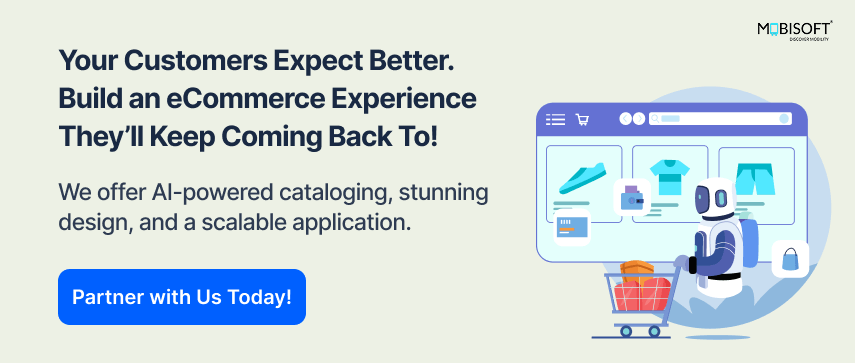
Affordable Sustainability: Practical Steps for Global E-commerce
Sustainability is simply about making smart decisions that accumulate over time. You can start making those decisions today, where you are, even if you’re exploring global expansion ecommerce opportunities.
These are simple and inexpensive measures already being followed by small enterprises all over the place, help shape global ecommerce solutions to scale.
Green Packaging
Use kraft paper instead of plastic or even reusable cloth bags. Small things such as this contribute a long way and minimize landfill contribution. This is one of the core small business e-commerce tips for sustainability.
Smarter Shipping
Select shipping partners that offer carbon-free or low-carbon shipping options. Encourage customers to opt for slower, more sustainable shipping options and to ship in bulk where feasible.
Recyclable Materials
Use materials that your customers can readily recycle at home where they are. It is better still to give clear instructions on recycling. This openness serves to build trust and helps support ecommerce global solutions.
Carbon Offsetting
Platforms such as Shopify Planet, Pachama, or ClimatePartner enable you to invest directly in actual, audited carbon-reduction projects. It's a scalable means of emission offsetting with minor changes to operations, ideal for how to scale your e-commerce business efficiently.
Local Sourcing
Attempt to source raw materials from somewhere local. Minimize supply chains, reduce emissions, and gain more information about where your materials originate, an essential step for sustainable e-commerce growth.
Success Stories
Companies such as Thesus Outdoors (Canada), Yala Jewellery (UK/Kenya), and Zero Co (Australia) demonstrate how small, internationally focused companies can integrate sustainability into their structure and thrive as a result.
These brands represent the new wave of global ecommerce platform users who prove that sustainability scales. If you're looking to launch or upgrade your digital storefront, investing in a reliable e-commerce platform development is a smart move for long-term scalability.
Small steps count. Over time, they create successful companies that thrive globally and make a meaningful impact, driving genuine global ecommerce sales growth.
ROI Breakdown from Using Event Mobility Platforms.
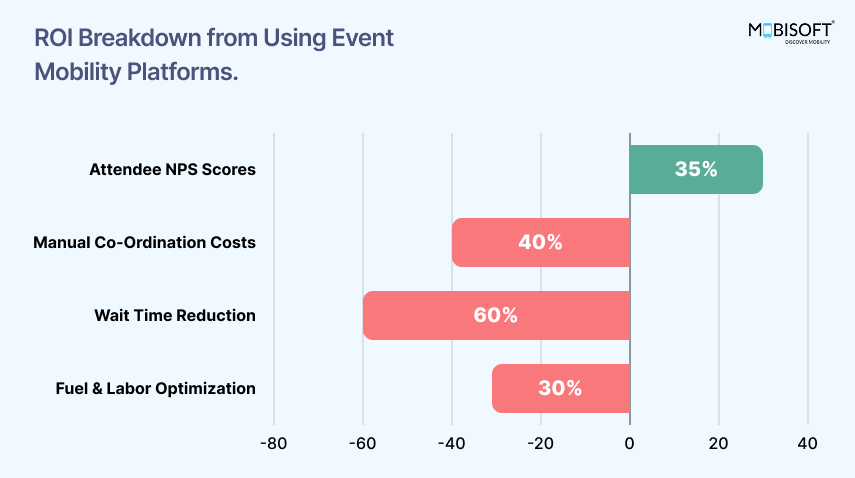
Embracing Sustainability: A Step-by-Step Journey
It is a time and labor-intensive process. Here is where to start to build a sustainable e-commerce growth plan:
Assess Your Current Practices
Plan your delivery routes, product life cycle, packaging process, and supply chain. Determine the spaces of inefficiency and waste.
Set Realistic Goals
Find some key metrics to start with. For example, reduce packaging by 15% within the next three months.
Streamline Your Supply Chain
Collaborate with suppliers who share your values. Pursue certifications such as Fair Trade, FSC, GOTS, or B Corp.
Engage Your Customers
Let them know what you're doing and why it's important. Utilize your site, social, and email to generate buy-in, particularly in global e-commerce markets where values drive purchasing decisions.
Review & Improve
Regularly audit your operations to identify new opportunities. Track KPIs, customer feedback, and cost impacts.
Implementing custom e-commerce solutions can help streamline these areas with tailored workflows, ensuring sustainability without sacrificing efficiency.
Navigating the Global Market: Overcoming Challenges and Seizing Opportunities
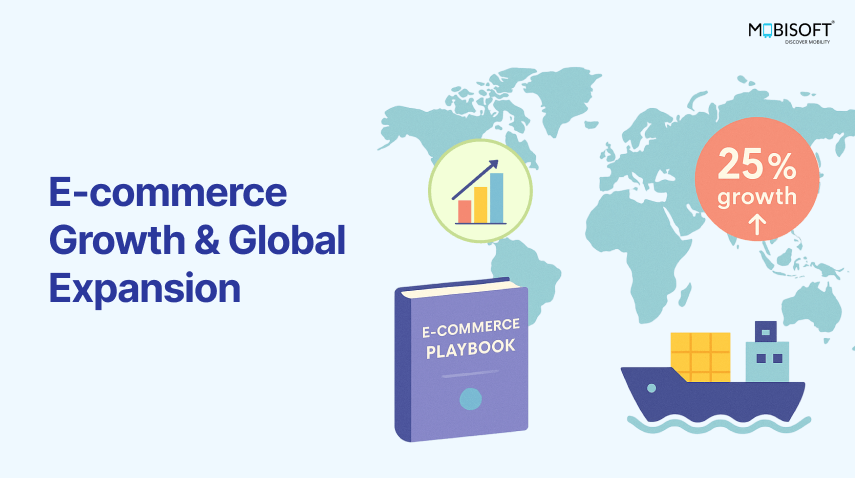
Small online companies are faced with similarly specific challenges in various places. It can be infrastructure shortages, bureaucratic customs processes, or access to green logistics, but sustainability can feel like a balancing act, especially when competing in global ecommerce sales.
Opportunities are growing:
Partnerships
Collaborate with domestic logistics providers, NGOs, or environmentally friendly suppliers familiar with your domestic market. These partnerships can become pillars of your ecommerce global operations.
Incentives & Grants
Several governments and global agencies provide capital to assist eco-friendly businesses. Look into EU Green Deal financing, UNDP grants, or national programs in your nation.
Community Engagement
Collaborate with your community to develop solutions, particularly in regards to reusing packaging or developing circular systems.
Leverage Technology
Maximize supply chain optimization tools, automate your inventory, and monitor your carbon footprint in a snap. Smart use of tech is central to how to scale your e-commerce business in a competitive market.
You can explore proven e-commerce logistics solutions that reduce emissions and optimize last-mile delivery.
Technology's Role in Sustainable E-commerce
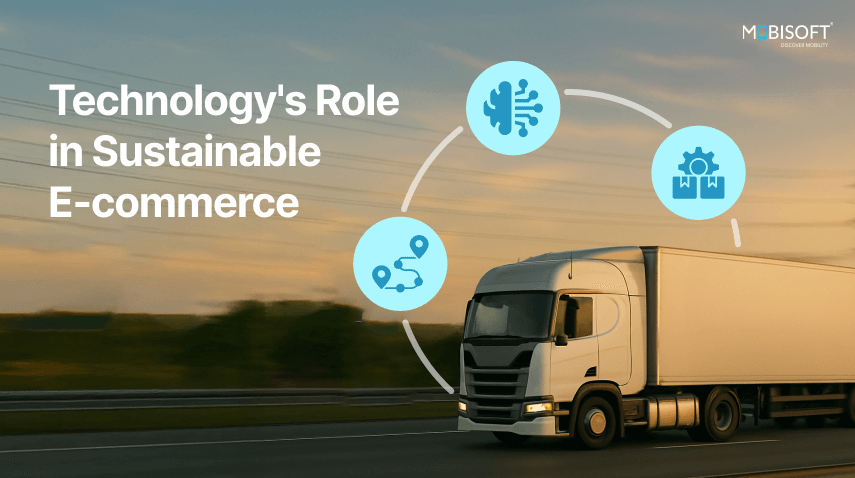
Technology is a key enabler for sustainable e-commerce growth, whether you're operating locally or across borders in a global ecommerce ecosystem.
Here’s how to put it to work:
AI-Powered Route Optimization
AI-driven logistics tools like Locus and Routific do more than plot paths. Further cut emissions and tighten your delivery promise. That matters when customers track impact as closely as price.
Inventory Management Systems
Inventory systems keep you lean. Platforms like Zoho or Katana help manage stock with precision. Fewer markdowns. Less waste. Better margins.
Digital Marketing
Marketing with meaning. Purpose sells especially across borders. Use digital ads to share the story behind your products. Show how and why they’re made. Let sustainability be the message, not just a bullet point.
Blockchain for Traceability
Transparency builds trust. Blockchain platforms like Provenance let customers trace their product’s journey from source to doorstep. This kind of clarity is becoming table stakes.
Global Tech Startups
Look at what innovators are building. UK’s Greyparrot is using AI to sort waste smarter. Notpla’s seaweed-based packaging is making plastic feel dated. Integrating or supporting these kinds of tools amplifies your impact while pushing the industry.
These tools can also be integrated into your mobile app for e-commerce to enhance real-time inventory control and customer experience.
Key Features in Event Transport Apps vs. Their Benefits
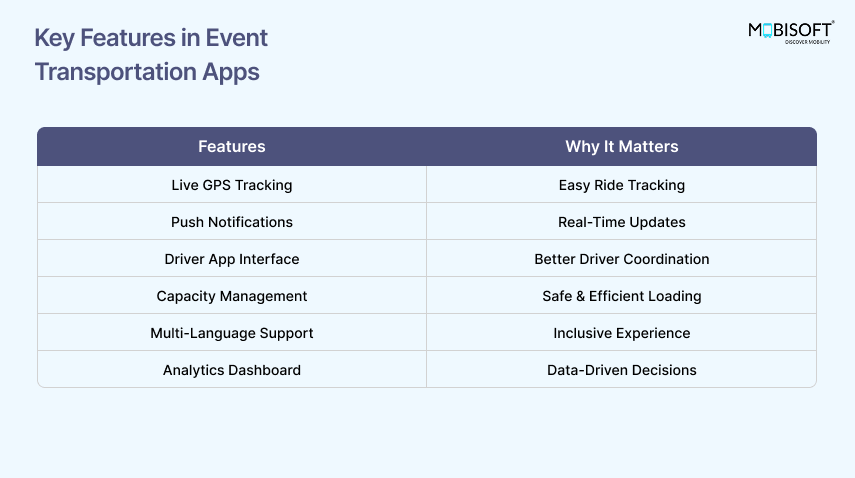
Measuring Success: Tracking Your E-commerce Business’s Sustainability Journey
What gets measured gets improved. Start tracking the right metrics to see the impact of your sustainable e-commerce growth strategy.
Key metrics include:
- Waste Reduction (in kg or %)
- Energy Consumption (kWh per order or facility)
- Carbon Footprint (tonnes of CO₂ equivalent)
- Customer Satisfaction (especially on packaging, delivery, and brand values)
- Sustainable Product Adoption (percent of sales from eco-friendly products)
Tools to help:
- Life Cycle Assessment (LCA) software
- Online carbon calculators (Carbon Trust, Ecotree, ClimateHero)
- Data from logistics partners (many now provide emissions data by delivery)
Tracking these indicators is also aligned with e-commerce best practices for small businesses and ensures you're ready for future global ecommerce sales growth.
Modern tools like AI-powered e-commerce marketing platforms can also help analyze consumer behavior, optimize campaigns, and track the performance of your sustainability messaging across global markets.
The First Step: A Sustainable Future for Your E-commerce Business
Sustainability is no longer a niche. It’s the future of global e-commerce. As regulations tighten, consumers evolve, and the climate crisis worsens, responsible growth is expected.
But you don’t need to start big. Begin with one change.
Switch your packaging. Partner with a more ethical supplier. Communicate your values more openly. Small decisions stack up. They build trust, cut costs, and open doors to new customers and new markets.
Reaching global customers is easier with optimized mobile commerce solutions that deliver seamless shopping experiences across devices.Your e-commerce business can grow globally and responsibly. The first step is the one you take today.


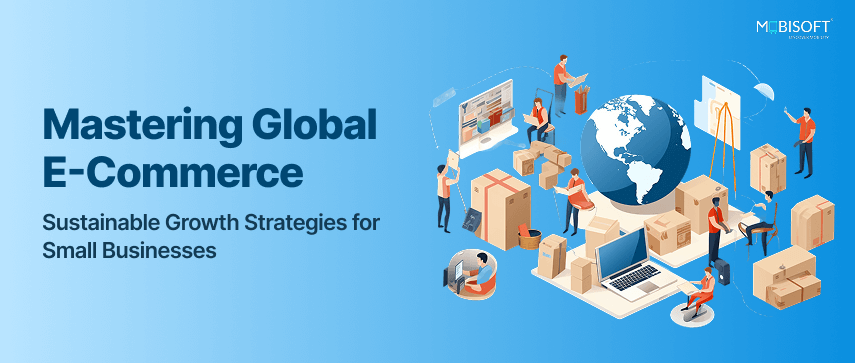


 August 7, 2025
August 7, 2025


